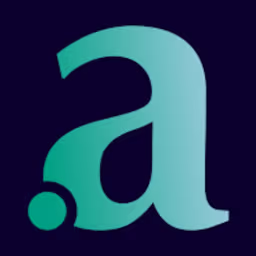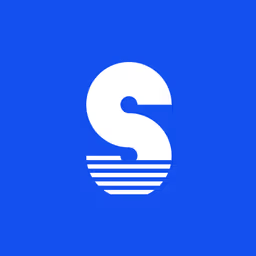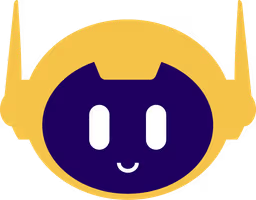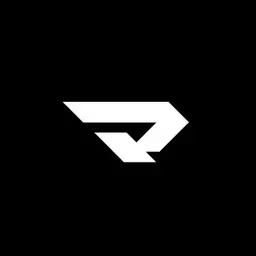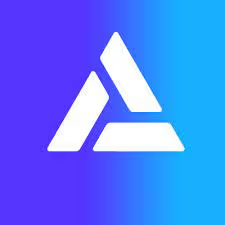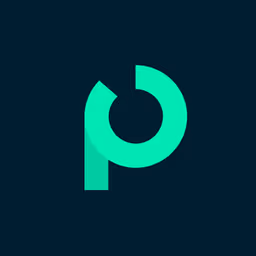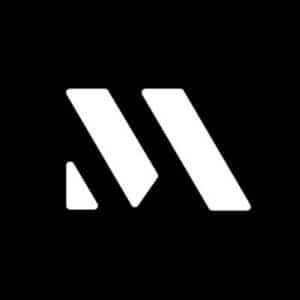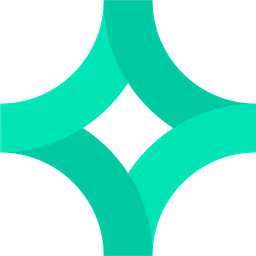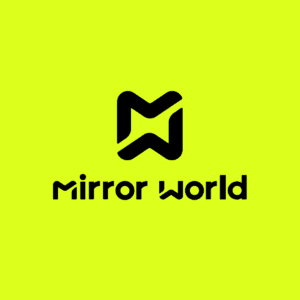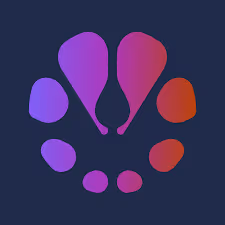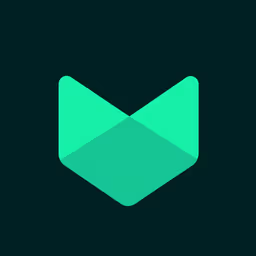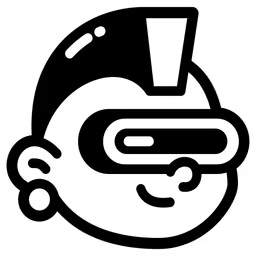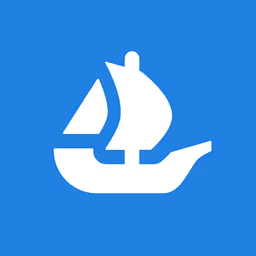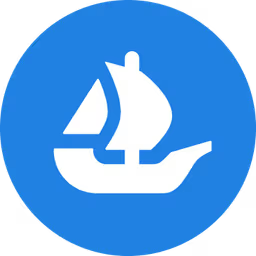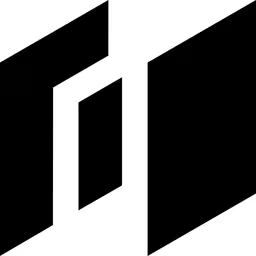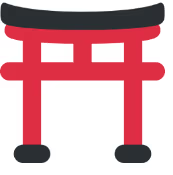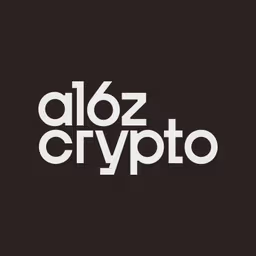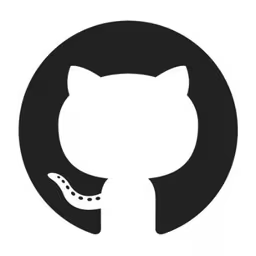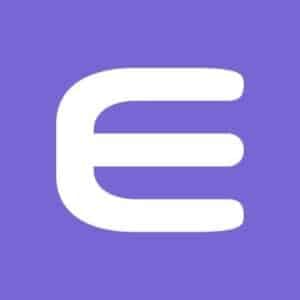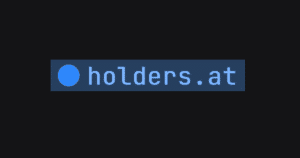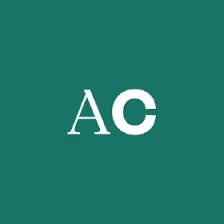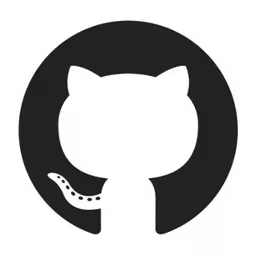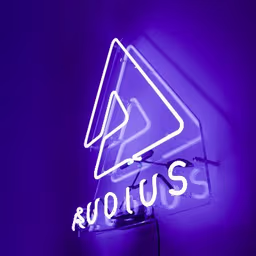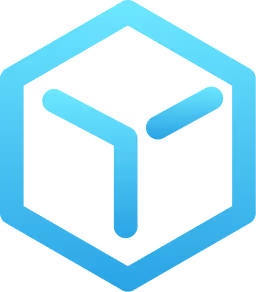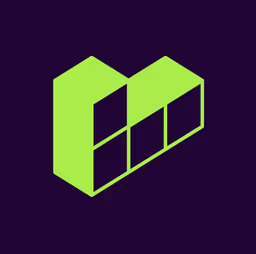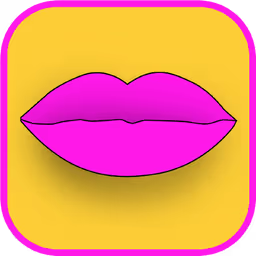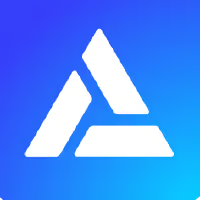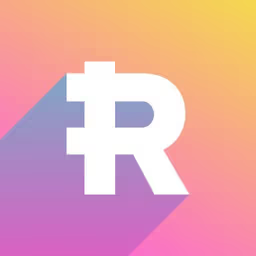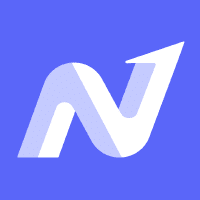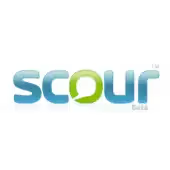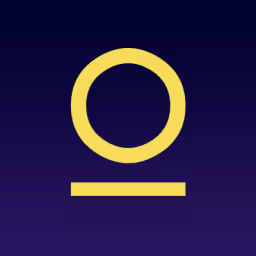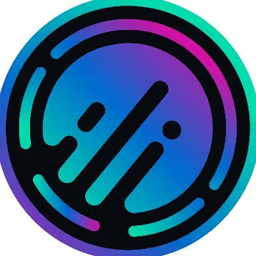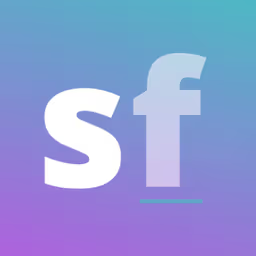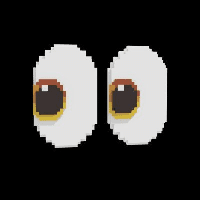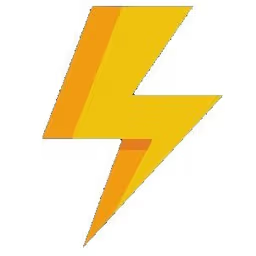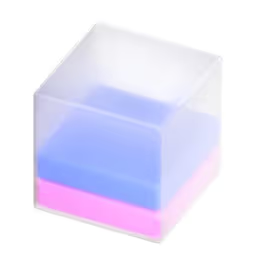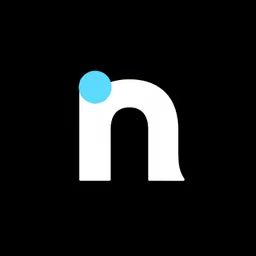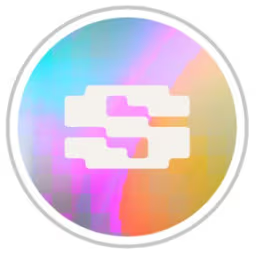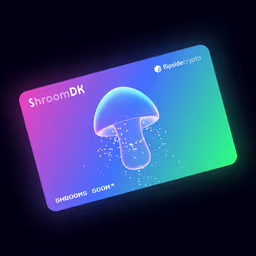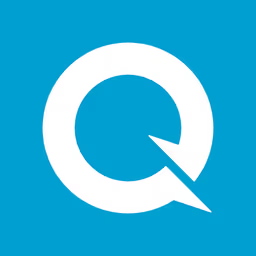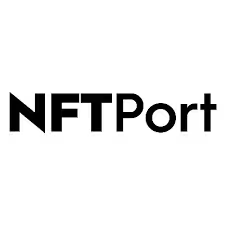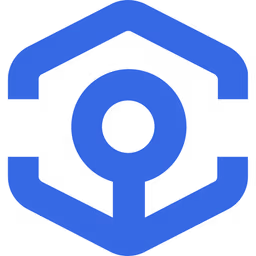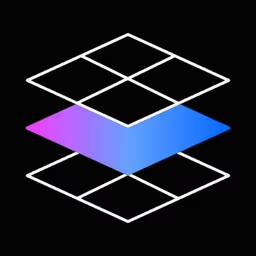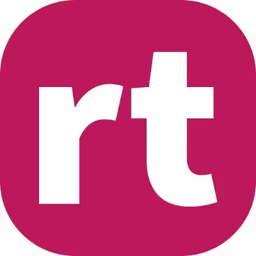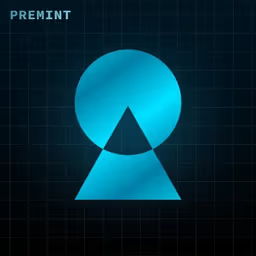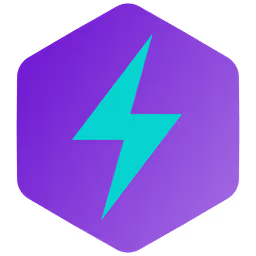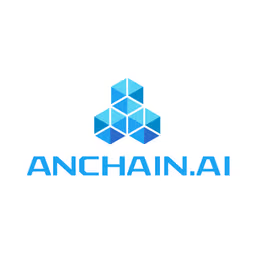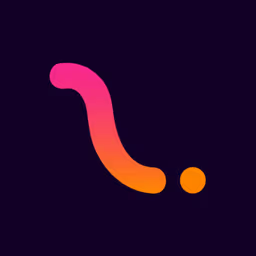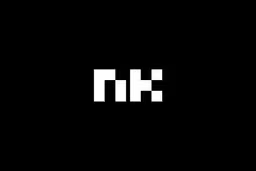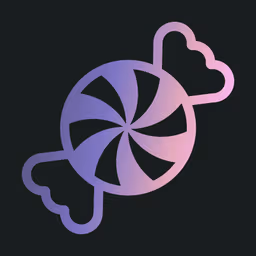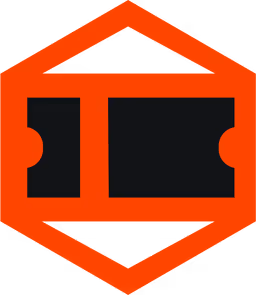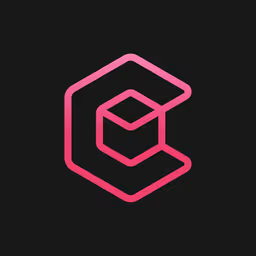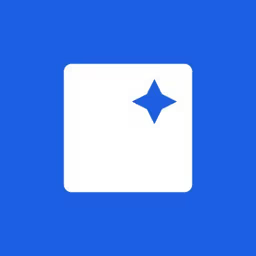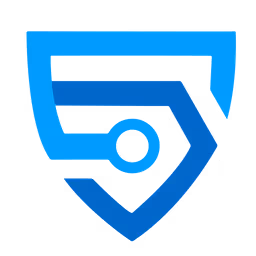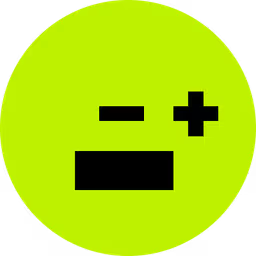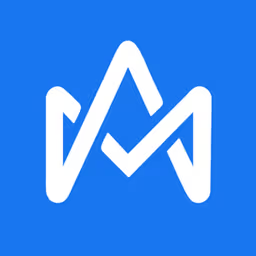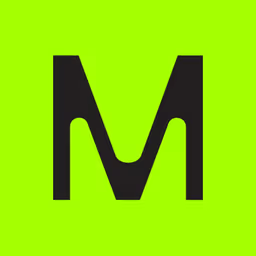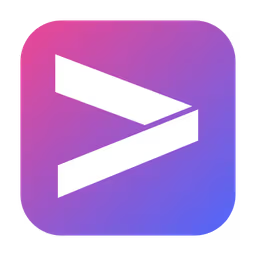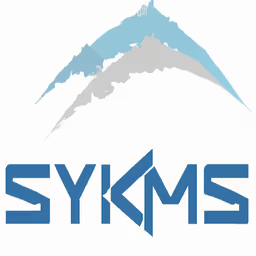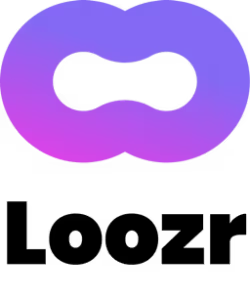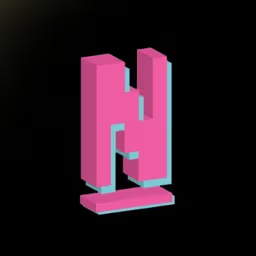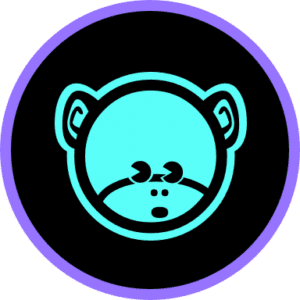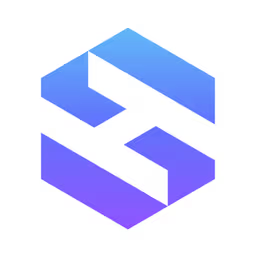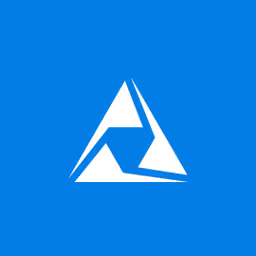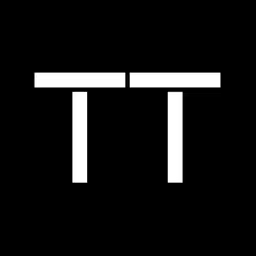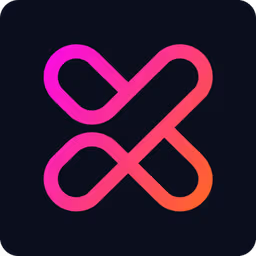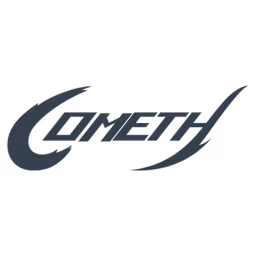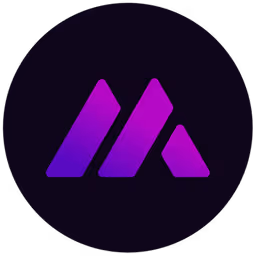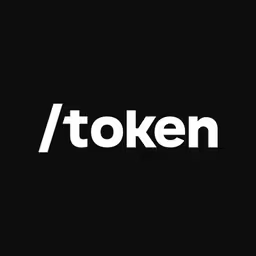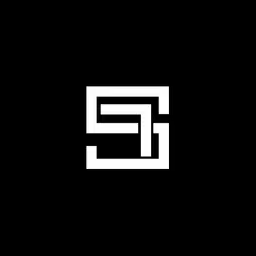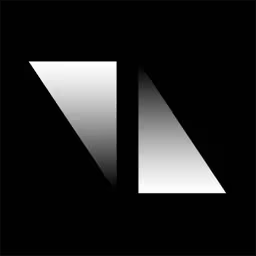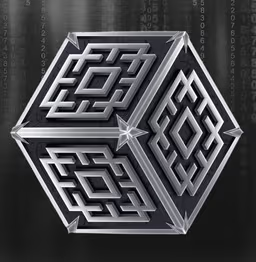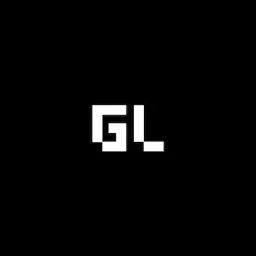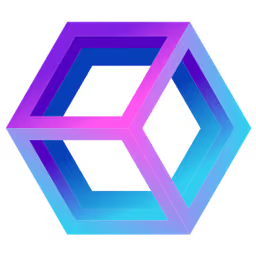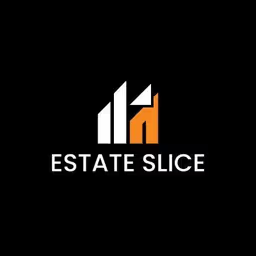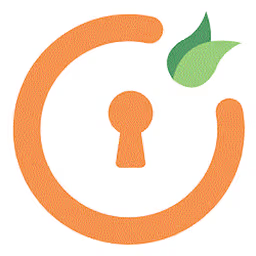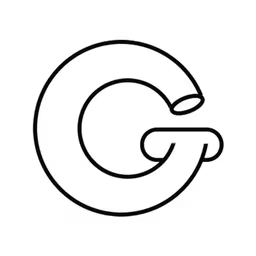Want to hire NFT developer? Then you should know!
TOP 10 NFT Related Technologies
1. Solidity
Solidity is the most popular programming language for developing NFT software. It is specifically designed for creating smart contracts on the Ethereum blockchain, making it an ideal choice for NFT development. Solidity is statically typed and supports inheritance, libraries, and complex user-defined types.
2. Ethereum
Ethereum is the leading blockchain platform for NFT development. It provides a robust and secure infrastructure for creating and trading NFTs. Ethereum’s decentralized nature and support for smart contracts make it a preferred choice for building NFT applications.
3. IPFS
InterPlanetary File System (IPFS) is a distributed file system that is commonly used for storing and retrieving NFT-related files, such as images, videos, and metadata. IPFS ensures data integrity and availability by leveraging a decentralized network of nodes.
4. Web3.js
Web3.js is a JavaScript library that enables developers to interact with the Ethereum blockchain. It provides a set of APIs for managing user wallets, sending transactions, and querying blockchain data. Web3.js simplifies the integration of NFT functionality into web applications.
5. React
React is a popular JavaScript framework for building user interfaces. It is widely used in NFT development to create responsive and interactive front-end applications. React’s component-based architecture and virtual DOM make it efficient for handling complex UI requirements.
6. Truffle
Truffle is a development environment and testing framework for Ethereum-based projects. It provides a suite of tools for compiling, deploying, and testing smart contracts. Truffle simplifies the NFT development process by automating common tasks and providing a standardized project structure.
7. OpenZeppelin
OpenZeppelin is an open-source library of reusable smart contracts for Ethereum. It offers a collection of pre-audited and secure contracts that can be used as a foundation for building NFT applications. OpenZeppelin helps developers save time and ensures the security of their NFT contracts.
TOP 12 Tech facts and history of creation and versions about NFT (non-fungible token) Development
- Non-fungible tokens (NFTs) were first introduced in 2014 by Kevin McCoy and Anil Dash. They developed the first NFT platform called “Monegraph,” which allowed users to claim ownership of digital art using blockchain technology.
- The Ethereum blockchain revolutionized the NFT space in 2015 with the introduction of the ERC-721 token standard. This standard enabled the creation and trading of unique digital assets, paving the way for the NFT boom we see today.
- CryptoKitties, a blockchain-based virtual cat trading game, gained massive popularity in 2017 and caused significant congestion on the Ethereum network. This event brought mainstream attention to NFTs and highlighted their potential for digital collectibles.
- In 2021, the artist Beeple sold an NFT artwork called “Everydays: The First 5000 Days” for a staggering $69.3 million at a Christie’s auction. This sale marked a significant milestone for NFTs as a legitimate form of digital art and solidified their value in the art world.
- The NFT market experienced explosive growth in 2021, with total sales volume surpassing $10 billion by August. This surge in popularity led to increased interest from artists, musicians, athletes, and celebrities who began embracing NFTs as a new way to monetize their work.
- The NBA Top Shot platform, launched in 2020, allows users to buy, sell, and trade officially licensed NBA highlights in the form of NFTs. This marked the entry of major sports leagues into the NFT space, further fueling its adoption and mainstream recognition.
- NFTs have expanded beyond digital art and collectibles. They are now being used to tokenized real-world assets such as real estate, virtual land, and even tweets. This opens up new avenues for ownership and investment in traditionally illiquid assets.
- Environmental concerns have been raised regarding the energy consumption of NFTs due to the underlying blockchain technology. The Ethereum network, on which many NFTs are built, is transitioning from a proof-of-work to a more energy-efficient proof-of-stake consensus mechanism to address these concerns.
- Several high-profile celebrities and influencers, including Elon Musk, Mark Cuban, and Grimes, have embraced NFTs. This celebrity endorsement has further propelled the mainstream adoption of NFTs and brought them into the public eye.
- The NFT market has seen its fair share of controversies, including instances of plagiarism, copyright infringement, and fraudulent sales. These incidents highlight the challenges and risks associated with the nascent NFT industry and the need for proper regulation and authentication mechanisms.
- Traditional auction houses like Sotheby’s and Christie’s have started hosting NFT sales, further validating the legitimacy and value of digital assets. This integration of NFTs into established art markets has bridged the gap between physical and digital art.
- The concept of fractionalized NFT ownership has emerged, allowing multiple investors to own a fraction of an NFT. This enables broader accessibility to high-value assets and provides new investment opportunities for individuals who may not afford to buy an entire NFT.
How and where is NFT (non-fungible token) used?
| Case Name | Case Description |
|---|---|
| Art Market | NFTs have revolutionized the art market by providing a secure and transparent way to buy, sell, and trade digital artwork. Artists can tokenize their creations as NFTs, ensuring proof of ownership and authenticity. Buyers can easily verify the originality of the artwork and transfer ownership securely through blockchain technology. This has opened up new opportunities for artists to monetize their digital creations and has created a thriving market for digital art. |
| Gaming Industry | NFTs have found significant uses in the gaming industry. Game developers can create unique in-game items and characters as NFTs, allowing players to buy, sell, and trade these assets outside the game ecosystem. This enables players to truly own and control their virtual assets, giving them the opportunity to monetize their gaming achievements. NFTs have also introduced the concept of play-to-earn, where players can earn real-world value by participating in blockchain-based games. |
| Collectibles | NFTs have brought a new level of excitement to the world of collectibles. From digital trading cards to virtual sneakers, NFTs have made it possible to own and trade unique digital collectibles. These digital items can hold sentimental value, rarity, and scarcity, just like physical collectibles. NFT marketplaces have emerged as platforms for collectors to discover, buy, and sell these one-of-a-kind digital collectibles, creating a vibrant ecosystem for collectors in the digital realm. |
| Music Industry | NFTs have disrupted the music industry by enabling artists to sell their music and related content directly to fans as NFTs. Musicians can tokenize albums, songs, concert tickets, and even exclusive experiences, allowing fans to support their favorite artists and own unique pieces of music memorabilia. NFTs provide a decentralized and transparent way for artists to monetize their work, bypassing traditional intermediaries and empowering artists with greater control over their creations. |
| Real Estate | NFTs have started to make their mark in the real estate industry. Property ownership rights and records can be tokenized as NFTs, making the buying, selling, and transfer of real estate more efficient, secure, and transparent. NFTs can represent fractional ownership, allowing investors to own a portion of a property. Additionally, NFTs can be used to tokenize rental agreements, enabling seamless and traceable transactions. This innovation has the potential to simplify and democratize real estate investments. |
| Charitable Donations | NFTs have also found a place in the world of charitable donations. Non-profit organizations can tokenize unique digital assets, such as artwork or virtual experiences, and offer them as rewards for donations. These NFTs can serve as a tangible representation of the donor’s contribution and can be traded or sold to further support the cause. The transparency of blockchain technology ensures that the donations and their impact can be easily tracked, providing donors with confidence and trust in the charitable process. |



